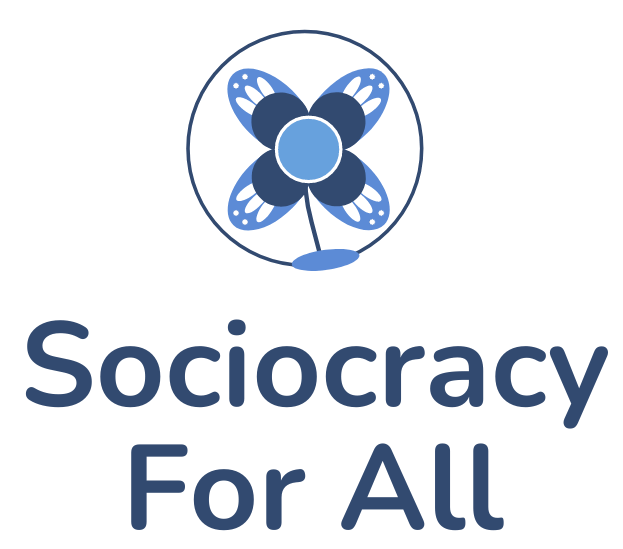Power, Structure & Process

A Key Challenge
One key challenge the board of the Co-lab must face is that a traditional board exercises its power via structures and processes rooted in modernist, hierarchical, patriarchal, and colonialist worldviews and systems.
We know these mindsets and systems do not place the flourishing of humans and all other life as their ultimate goal – far from it. This means such structures and processes are not compatible with the vision, mission and strategy of the Co-lab.
We strongly believe that the Co-lab must be seen to walk-the-flourishing-talk in the operation of our board and (subsequently) our whole organization. This leads to two questions: (1) how should a board aiming to create the possibility for flourishing exercise its power? And, (2) what are compatible board / organizational structures and processes?
Based on a survey of possible flourishing compatible structures and processes, the Co-lab’s founders have decided that initially we will use a dynamic governance approach that shares power equally. This is known as Sociocracy. We are fortunate to have an expert in Sociocracy who has volunteered to advise and guide us – Mary Simpson.
We believe applying Sociocratic principles, structures and processes significantly increases the potential for a flourishing board, organization, community and future.
Sociocracy 101:
- Why do we need dynamic governance aka Sociocracy? And, what is the problem Sociocracy is trying to solve? Watch the first 2 mins of this video (2 mins) – the rest of this video covers material better explained in less time in the next video.
- What are the basics of Sociocracy, how does it work: principles, structures and processes? Watch this video (20 mins)
Sociocracy 201: To go deeper on Sociocracy you can
- Watch this video
- Review: Why Do Non-Profits Adopt Sociocracy,
- Read the short book Who Decides Who Decides – The First Meetings of Your New Group – Explained Step by Step. This is the book we used to design the first meetings of the Co-lab’s Board.

